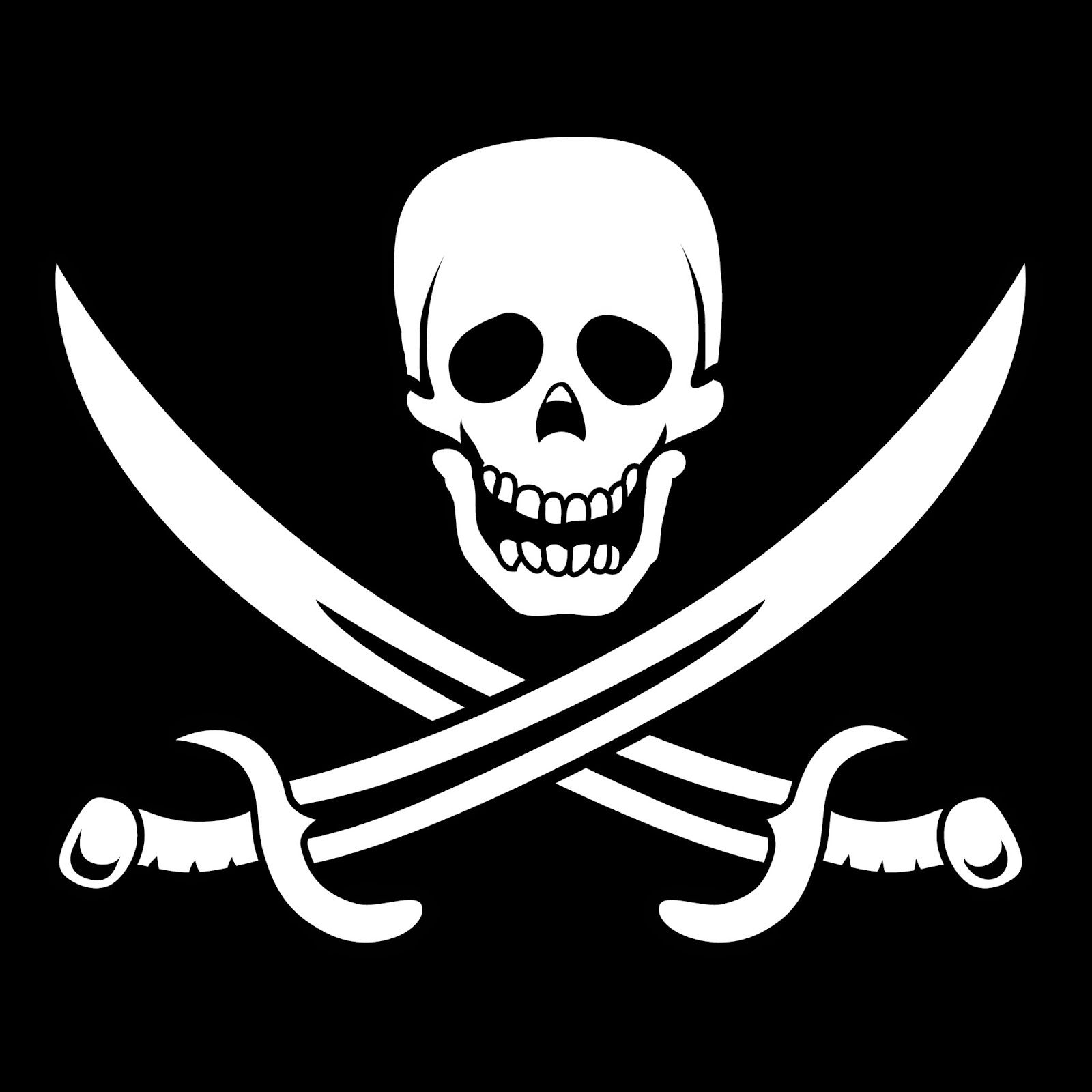I understand that sharing video, photos, documents etc. is relatively safe because the data is not executed in the processor as instructions. How come people are willing to download and install pirated software though? How can one be confident that it does not contain malicious addons? Are people just don’t know the risks? Or are there protection mechanisms that I am missing? I mean since the software is usually cracked there is not much use in comparing checksums with the originals, is it?
Worth noting that paying for a license for software doesn’t stop it being spying malware either. In fact the pirate versions often take out the spying and the reporting-to-homebase that proprietary software does.
The photoshop that phones home to check a license is arguably more malicious than the pirate version that has been cracked so it doesn’t do that.
Good and valid point. I use opensource software wherever I can.
Though paid software is not going to encrypt your data for ransom or use a keylogger to steal bitcoin (yet).
There was an antivirus that was caught running a bitcoin miner in the background tbf. If memory serves it was Norton?
Long story short.
- Be prepared for disaster.
- Scan it. Sandbox it if concerned.
- Firewall allow/block/allow every outbound comm.
- Get it from a trusted source.
Basically the same stuff you should be doing with all software.
Edit for firewall clarification.
Is it smart to test if it is malicious in a vm first?
I don’t.
But I take many precautions.
I’ve been pirating software since the C64. About 40 years. Never stopped. Never will.
I buy the good software I encounter. As a developer, i know it’s important to keep funding further development. Unfortunately most is overpriced garbage.
I’m pretty new and extremely cautious with pirated software, i still need to find the precautions i have to take, luckily pirating games is much safer and easier than pirating software
Could you elaborate how pirating games is “safer” than pirating software? Both are executables that could run whatever code they wish on your system, and since pirated games are so desirable, in my experience they are far more often spread around bundled with malware than software is. Oftentimes, you’ll find people take legitimate repacks, add malware, then share the repack under the same repackers name.
I think their idea is that if you know a specific repacker like an athletic woman, compared to downloading softwares that could be uploaded by any elitists trying to fuck with you.
In practice both are the same, but the reputation of the athletic woman makes her more trustworthy.
However outside of that specific repacker I actually agree with you, it’s exactly the same lol.
Interesting. If there are reputable packers / crackers, why do they not uses GPG to sign the software? That way, no one can manipulate and reupload the software.
Many do provide some form of checksum.
What software do you recommending for scanning? Microsoft defender?
I don’t really use Windows except for playing games, so someone else may have a better answer.
For me, I want 3 types of protection, priority order.
-
Rootkit and ransomware protection. Lock down and protect system files.
-
Firewall. Stop software from calling home (and possibly invalidating my forged license) and to stop malware from reaching out to command and control systems.
-
Malware scanning and suspect execution detection. Most antivirus software detections will be in only one of a couple categories: keygen, generic trojan, or obfuscated executable. If I encounter this, I go to VirusTotal.com and drop the offending file(s) for it to scan. If I’m still concerned I will use an online sandbox execution recorder that tells you what the exe does such as outbound comms, file modifications, registry read/writes, etc.
Windows Defender accomplishes these requirements. Although it is a bit clunky and other mainstream antivirus (paid or free) accomplish the same in a much cleaner interface.
I cannot stress enough the importance of downloading pirated software from a trusted source.
We are seeing on our corporate network lots of browser hikackers that connect to c&c and are used in botnet DDOS as a service. Once you install x software it sets up a persistent service that keeps modding chrome.exe etc
Fair point. Malware can tunnel through existing comms, thus firewalling the exe would do little to protect you.
That’s why I recommended a multilayered defense and practicing good opsec.
An exe that installs a service, modifies unrelated executables, and sends comms through an unrelated application would be a catastrophic failure in any good defense.
If your system is this wide open then you’ll be likely to have all sorts of problems from non pirated software. Such as freeware that installs adware.
I have tried to find these in the wild to no avail.
-
I trust pirates more than billion or trillion dollar companies. Also, aggressive DRM such as iLok is worse than malware, so eh.
Fuck iLok. Shit made me regret buying plugins, should have stuck with piracy.
If i were to pay for an AutoCAD license , it would be over 200$ A MONTH
What kind of cheap-ass, stripped down AutoDesk suite are you getting for $200/mo. Last I checked, the architectural suite was north of $4500/yr.
I just use paint
You’re thinking too technical about this. This is a money thing. Personally speaking pirated software/games were chicken soup for my poverty ridden childhood.
If you get the software from reliable source, it is almost certain it does not have malware.
The piracy is an organized activity and people at higher rank nuke the release if it has malware.
Read more here https://opentrackers.org/i/2600_Guide_to_Internet_Piracy-TYDJ.txt
This. It feels more likely to get malware-infested downloads from no-name warez websites than trusted trackers.
You severely underestimate the power of free stuff
really theres little reason to even use non-foss paid software…
There a reason if the alternative doesn’t exist or isnt good enough.
Exactly. Piracy extends the commercial ecosystem. Every software pirate is a potential user and contributor of FOSS projects who is instead spending their time and talents working on/with commercial offerings.
To a distributor of commercial software, a pirate user is preferable to a user of a competing product. The competing user is already locked into the competition’s product line; the pirate is expanding your own product line’s market share.
Below the competing user is the FOSS user: it is much easier to monetize a pirate user who likes the system enough to steal it, or a competing user who has demonstrated they are willing to throw money at their problems. FOSS users aren’t willing to tolerate all the artificial limitations imposed on the product to increase profitability.
I have no moral or ethical qualms with piracy as a general concept, but software piracy inherently promotes commercial alternatives at the expense of FOSS products. The only software I have pirated in decades has been rare, niche software for very specific uses.
hit the nail on the head.
I wish that was true
I sorta agree with @darcy. The quality of FOSS (nowadays) is pretty damn good. If I need something I look at FOSS first, dig in github, and then finally look around for a paid program.
Edit to say “paid” program.
Unfortunalty most professional Autodesk software have no viable FOSS alternative (except Blender)
whats wrong w blender ?
I meant only blender is a solid contender to 3dsmax or Maya. Other Autodesk products like autocat. Civil 3d. And Revit don’t have any solid Open source alternative.
i mean you could always sandbox it
How come people are willing to download and install pirated software though?
You can just remove “priated” from that statement and come to the same conclusions. Considering the amount of bugs, backdoors and 0-day exploits distributed via official software I sometimes wonder why people execute proprietary, closed source programs at all.
An no, “reputable” companies mean nothing, just look at Microsoft clowning around with their signing keys.
Most don’t invest that much into anti-piracy protection and you can avoid it with simple firewall and GPEdit corrections for the unlimited premium spoof.
There are also the key gens that emulates the server or the software to receive the codes or give a confirmation to the software.
This is all very oversimplified and there are an infinite number of anti-piracy methods that the companies don’t even want to try to solve since it’s all free advertising and it gets people used to their software when they have to buy it.
Meh, how is surgery a thing? You let people just open you up and dig around your insides?
it’s a mix of need and belief in a proper vetting process. For computers there’s the additional layer that any one machine is probably low stakes. In early internet days most software was prohibitively expensive but gave you the equivalent of super powers - as a teenager / young adult with ability to take that risk you’re not going to do it?
Well, I prefer to go the hospital with licensed personnel and not to ask some guy on the internet to perform surgery…
And where those are illegal or prohibitively expensive you have people either traveling to less regulated countries or even straight up illegal operations.
Eg., black market transplants.
Denuvo games performed worse than the cracked version, FYI.
Yep. The approach that Denuvo utilizes has been discussed forever, but games didn’t really have the extra CPU cycles to run around and validate the integrity of each and every function. Most games are balls to the wall and using every CPU cycle it can. Point is, games that require heavy performance suffer under Denuvo unless your system is bleeding edge. This means the vast majority of their customer base suffer. There are all sorts of ways to prevent piracy for games… but most companies can’t utilize these approaches due to the very nature of disorganized game development.
I installed trusted cracks from scene groups. Not everyone who can crack will be a scene group. To get into the scene you need to be well trusted. Scene groups would NOT damage their integrity to install something malicious through a crack
As another user said, check the files you have match the direct uploads from the scene with a site like predb.me
You can search online for more info on scene groups/warez/topsites
You can always run software in a Virtual Machine to see if it’s the real deal or not. Additionally, people really like to be “the first” or “the one” who actually provides something. See for example the first cracked Version of Read Dead Redemption 2 - it was announced like a special record (and it was!). Being the first to provide an actual, working copy brings fame, that’s why people go to such lengths to crack and provide software. And the people who download it? Well, they can often rely on those with virtual machines testing the software and then on reviews and ratings available on the download sites.
Virtual machine testing is a good idea, but I wouldn’t rely on it. Well written malware will check for a virtual environment and might even hold off executing if it detects it. Better malware will have already gained persistence as your testing for it.













